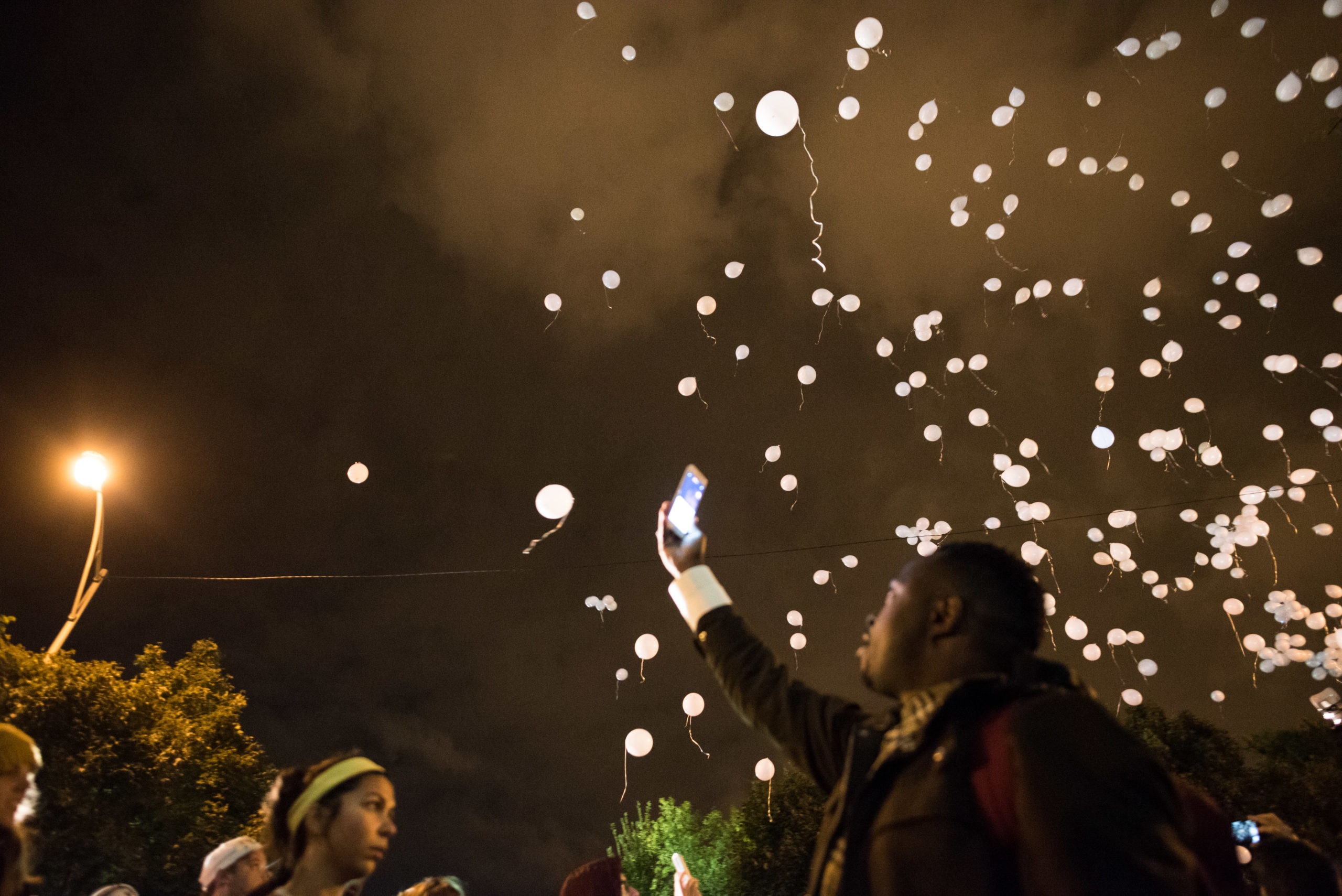There’s a phrase that gun violence survivors and advocates often use: “Hurt people hurt people.” This cyclical dynamic has played out time and again on the streets of Chicago, where we see historically disadvantaged communities ravaged by gun violence. As health care providers, survivors, activists, and organizations that experience the harsh realities of navigating the compensation system, we often wonder how we might interrupt this pattern. How do we lessen the lingering, wide-ranging impacts of gun violence on victims and their families so we don’t produce another generation of hurt people?
The Illinois Crime Victim Compensation Program was designed to help answer that question, but as we learned from recent reporting by The Trace, The Chicago Sun-Times, and Block Club Chicago, as well as our surveys with trauma patients, the program is falling far short of its goals. Most families, even those most affected by gun violence, aren’t aware the program exists, a few surveys indicate. Those who do know about it often struggle to access its benefits, including cash reimbursements for clothes and medical treatment related to violent crime injuries. Between 2015 and 2020, fewer than 4 in 10 applicants received any reimbursement.
Starting in August 2022, as the provision of the Illinois SAFE-T Act that increases the monetary benefit available to crime victims goes into effect, the Crime Victim Compensation Program will offer up to $45,000 for each survivor or immediate family member per crime to address outstanding hospital bills, seek mental health support, relocate their home address, and more. These services are key because they address and reduce families’ risk factors for violence, preventing vulnerable people from being victimized again.
We are writing to hold state officials accountable during this critical moment of implementation. We ask that these concrete measures be enacted immediately:
- Dramatically improve overall access through increased administrative support, awareness, transparency of application status, and timely compensation, especially in high-risk communities.
- Improve compensation through an emergency process of awards within 24 hours, retroactive compensation of survivors and family members, and allowing for direct billing of services such as mental health counseling or rent payments.
- Evaluate the program to determine if awards are being distributed equitably, in a timely fashion and without barriers, and in a way that achieves the program’s goals.
When we surveyed University of Chicago Medical Center trauma patients who were returning for their post-discharge appointments, 69 percent reported that they were not aware of the Illinois Crime Victim Compensation Program. After receiving a brief description of the program, 66 percent of those patients said they had a need for the program, exceeding the share of patients reporting a need for survivor support (38 percent) or legal assistance (35 percent).
The story cannot end there. With the updates to this program made by the SAFE-T Act, now is the time to push the State of Illinois and the attorney general to properly implement and educate the public about these changes. Our state must do better.
Our recommendations will solidify the spirit of the SAFE-T Act and provide it with much-needed teeth:
- Create and implement a multilingual public education and awareness campaign about the Illinois Crime Victim Compensation Program for healthcare providers, community activists, church communities, and other community organizations based in areas disproportionately impacted by gun violence.
- Provide stable and sustainable funding for community-based organizations to assist crime survivors and families in applying for compensation in a timely fashion. Because the form is so complex, at this point, it’s hard for organizations to say exactly how much funding each organization needs.
- Simplify the form to a point where it doesn’t require specialized expertise to fill out. Applying for Crime Victim Compensation after trauma must not be a re-traumatizing event itself for survivors due to unnecessary form complexity.
- Ensure that applicants for the Illinois Crime Victims Compensation Program are able to review the status of their claim and receive updates via email, phone, or an easily accessible website portal.
- Process urgent implementation of the changes made by the SAFE-T Act, which includes:
- Expanding the definition of crime victims for compensation purposes
- Increasing the amount of time after a crime during which victims can apply for compensation
- Prohibiting barring compensation based on criminal history through punitive practices like gang list exclusions
- Increasing monetary support for loss of future earnings and for funeral costs
- Ensuring compensation is provided to immediate family members of victims
- Reinforce institutional support. Because of the long wait times and low rates of reimbursement, there needs to be immediate and appropriate staffing to handle claims and provide timely eligibility determination and distribution of funds.
- Ensure analysts are better able to verify the necessary details of the application after eligibility has been determined. This is important so that fewer applications are designated as “award but no pay” — meaning the applicant met eligibility criteria but analysts were unable to verify all of the necessary details of the application, leaving the survivor without the support they are entitled to.
- Institute and disburse retroactive compensation for survivors and immediate family members.
Until survivors and family members receive the compensation that they deserve, they remain at risk of further victimization, financial hardship, job loss, and societal alienation — all factors that sustain the cycle of gun violence. We call on the State of Illinois and the attorney general to assist in breaking this cycle.

